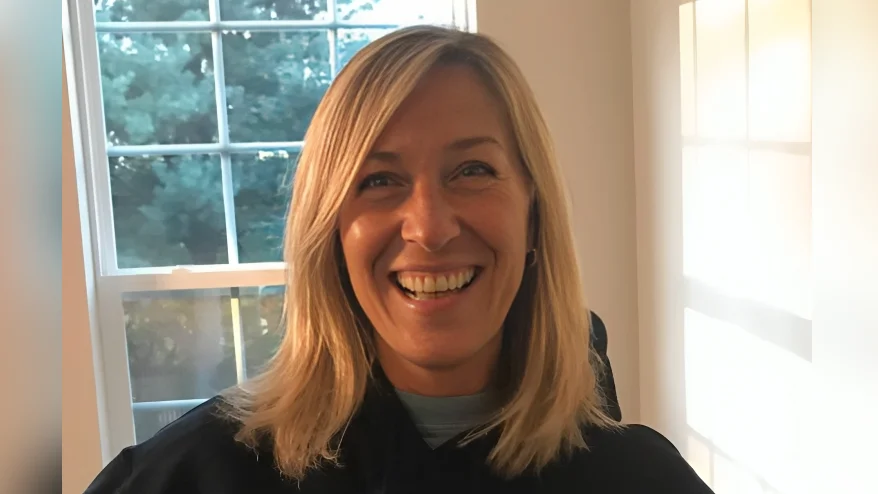
In their first 100 days of connecting to and supporting students, NJ4S providers throughout New Jersey reported steady registration and requests for service as school districts embrace the program. “I’m thrilled with the progress of this network,” said NJ DCF Commissioner Christine Norbut Beyer. “To see the development of this program, from initial concept to an important piece of the youth mental wellbeing continuum, is so rewarding. The 15 regional NJ4S hubs are developing creative offerings to engage parents, they’re advancing evidence-based prevention education and curricula that are proven to support youth wellness and wellbeing, and they’re becoming a trusted part of the culture in schools that didn’t have access to this level of intervention before. When I think of my own children celebrating the first 100 days of school, it’s grounded in thinking about the future, and with the growth we’ve seen so far, the future is looking bright for NJ4S.”
The NJ4S network is built upon a hub-and-spoke model, in which services are organized regionally – and delivered locally – to schools, as well as trusted locations within the community. Prevention specialists are dispatched from regional hubs to deliver tiered prevention services – prevention of bullying and violence, substance use, teen pregnancy, and suicide, among other traditional and contemporary topics – to address rising rates of anxiety, stress, and depression among youth in New Jersey.
At the request of a school, mental health clinicians can also be dispatched from the hub to provide brief clinical intervention until the student can be connected to resources within the community or available from the state.
Programming available through the hubs is organized in a tiered structure. Tier 1 services are available to anyone in the community – students, parents, and teachers – addressing a wide range of topics such as school readiness and classroom management strategies for teachers. Tier 2 services are evidence-based prevention supports available to middle and high school students requested by a school representative. Tier 3 services involve brief clinical interventions delivered by a mental health counselor until longer-term supports can be arranged.
Tier 1 services include in-person activities, virtual events, and online resources accessible on the NJ4S website under “NJ4S Public Offerings.” Tier 2 and Tier 3 services require requests by designated school representatives. To date, 498 schools across 295 districts have signed up for access to these online request systems.
“Anecdotally, we’ve heard from our hub providers that when they’re out in the community or meeting with school officials explaining NJ4S concepts; they’re met with overwhelming positivity,” said NJ DCF Assistant Commissioner for Family and Community Partnerships Sanford Starr. “Hub staff have noted that this is rewarding work allowing them to tap into their creativity and sense of community.”
In its first 100 days serving New Jersey’s students and families, NJ4S has become an invaluable resource supporting youth mental wellbeing. Hub providers have delivered over 1,223 Tier 1 programs attended by approximately 39,000 individuals since launch. Additionally, there have been significant month-over-month increases in applications for Tier 2 and Tier 3 services.
“The bulk of service applications have come over recent months,” stated Diane Travers from Essex County Vicinage operated by Family Connections. “We’ve seen a significant increase in requests for mental health counseling.”
“Burlington County has shown tremendous enthusiasm for NJ4S,” added Stefanie Richardson from Burlington County Vicinage operated by Legacy Treatment Services.